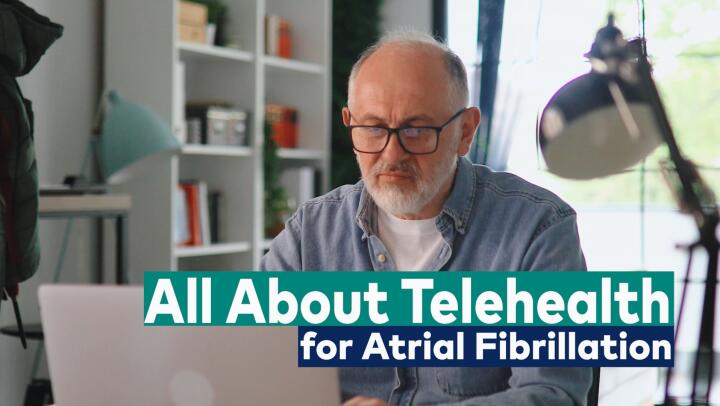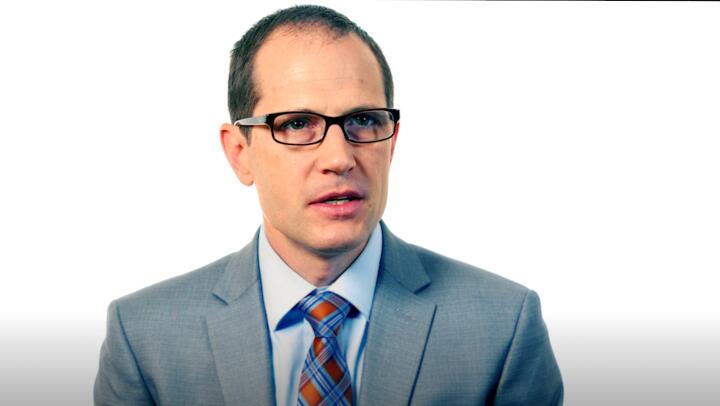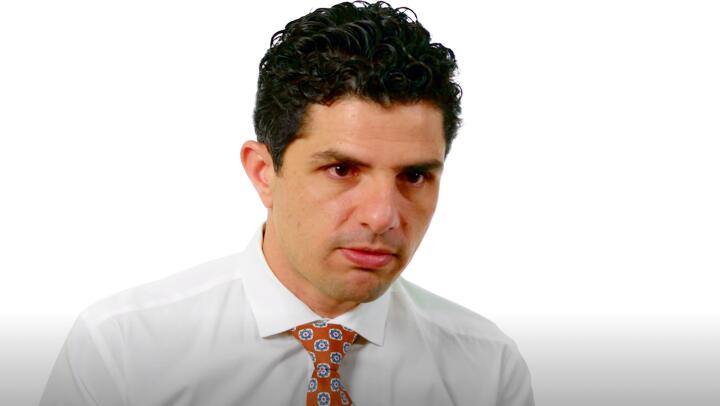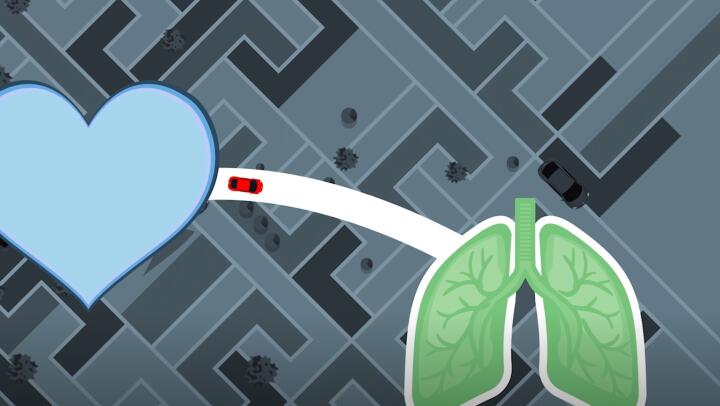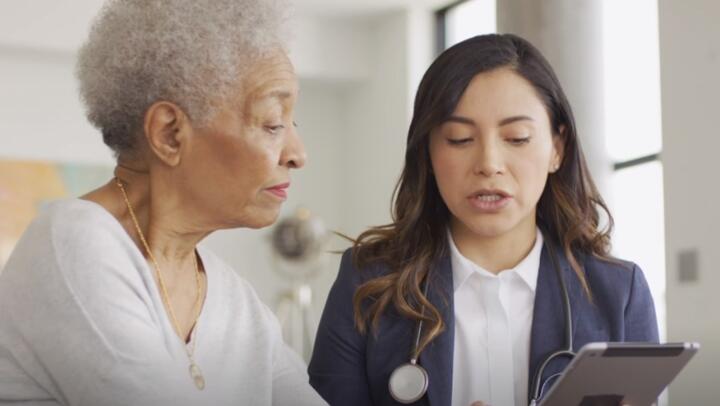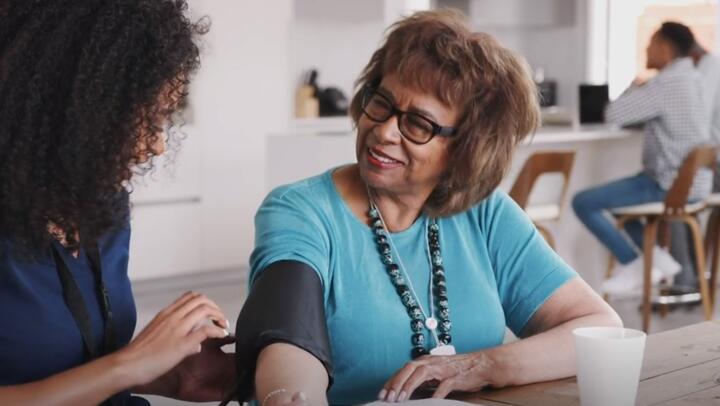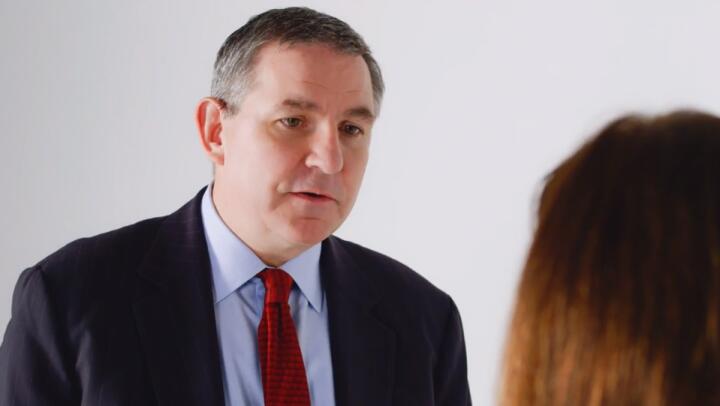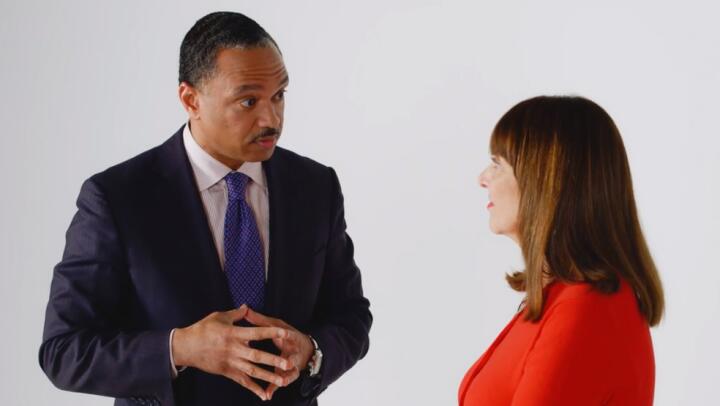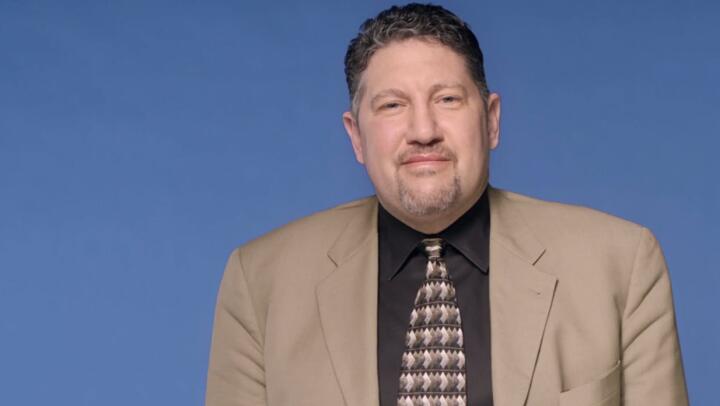
There’s no doubt having a heart attack is a scary experience. And while you’re likely to breathe a sigh of relief on the day you’re discharged from the hospital, it’s important you know your recovery is just beginning. What you do in the weeks, months, and years after a heart attack play a pivotal role in regaining your health and preventing future attacks.
So, when it comes to your follow-up care, make sure you understand and stick to the instructions you’ve been provided when you’re discharged from the hospital. Here are some of the things you can expect.
Take your medications as directed.
Your doctor will likely add to or change your current medication regimen. Keep a list of all the medications you need to take. Learn why you take them, when you take them, and what they look like. Be sure to take them exactly as directed, and don’t stop taking a medication without talking to you doctor first. Commonly prescribed medications include:
Aspirin and antiplatelet drugs like coumadin (Warfarin) and clopidogrel (Plavix): These can help prevent blood clots that can reduce the flow of blood to the heart.
Beta-blockers like metoprolol (Lopressor) and ACE inhibitors like lisinopril (Zestril): These medications can lower your blood pressure and help your heart function after a heart attack.
Nitrates like nitroglycerin: These drugs widen your blood vessels, so your heart doesn’t have to work as hard. They can also help with chest pain, or angina.
Statins like atorvastatin (Lipitor): These work to lower your cholesterol and help avoid another heart attack.
Follow your activity guidelines.
You’ll be encouraged to take it easy and get plenty of rest when you are first recovering from a heart attack. With your doctor’s approval though, you’ll want to gradually increase your activity level. Your doctor can help guide you on when you can return to normal activities. But listen to your body. If something feels overly difficult, be sure to stop.
Ideally, you’ll be able to work your way up to a regular exercise program to help strengthen your heart. Your doctor may have you do an exercise test on a treadmill first to determine what intensity is appropriate and then start you on an outpatient cardiac rehabilitation program. Here, you’ll participate in a safe exercise program under the guidance of specially trained practitioners. Aim for 30 to 40 minutes of exercise at least 3 to 4 times a week.
Make healthy lifestyle changes.
As part of your cardiac rehabilitation program, you’ll be taught ways to improve your overall health and reduce your risk of heart-related problems. The following are frequently suggested lifestyle modifications:
Stop smoking. Cigarette smoking is a major risk factor for heart disease.
Eat a healthy diet. Avoid foods high in fat and salt. Learn appropriate portion sizes and incorporate foods that are rich in important vitamins and minerals.
Work towards maintaining a healthy weight.
Avoid or limit alcohol consumption.
Manage other health conditions, like high blood pressure, high cholesterol, and diabetes.
Keep your doctor appointments.
You need to follow up with your doctor after a heart attack. These appointments are necessary for your doctor to monitor your current condition and your recovery. It’s also a great opportunity to ask any questions or discuss concerns you may have. Write down your questions as they arise, so you remember to discuss them with your doctor at your next visit.
It’s also important to know when you should contact your doctor in between appointments or if you should go directly to the emergency room. Ask your doctor what symptoms warrant a more urgent response. Some concerning symptoms may include:
Chest pain, pressure, or tightness
Pain radiating down your arm or into your neck or jaw
Lightheadedness
Feeling short of breath
Sweating or turning pale
Sudden nausea
Don’t neglect your mental health.
You’re likely to go through a range of emotions after a heart attack. Many people experience anxiety and fear about having another one. You may have periods of depression and sadness. And you may also feel anger and resentment that this happened to you. All of this is normal. But if these emotions are affecting your ability to function on a daily basis, talk to your doctor. From therapists to support groups, there is help available.
After a heart attack, the road to recovery can seem challenging. But with your doctor’s guidance and a commitment to your follow-up protocol, you can feel assured that you’re headed in the right direction.





